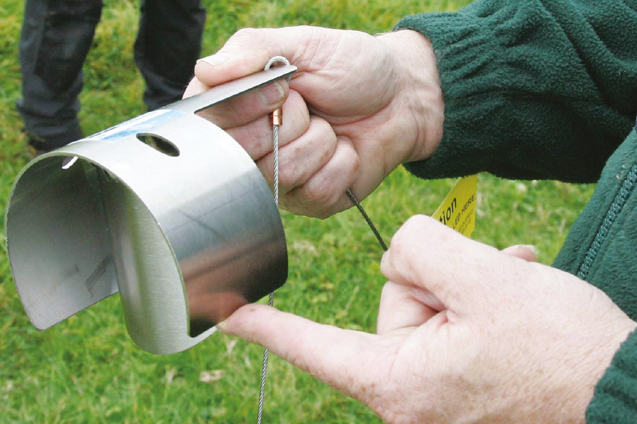
If your pension has fallen in value, or your predicted income is less than you had hoped for, you might assume you can’t afford to retire.
But you could be pleasantly surprised to find you need substantially less than you thought to fund retirement. Outgoings may change more than anticipated and, with financial advice, there are plenty of tax-efficient allowances to make use of when building your income. Here are some considerations for working out how much you will really need.
Your spending could change
As a starting point, review your current outgoings by checking bank statements, and consider which of these you will no longer be paying for when you stop working, and which may rise.
Mortgages and loans are often paid off by the time you reach retirement but, conversely, your energy bills and food costs could rise as you spend more time at home. Think about what your outgoings in retirement are likely to be, and how you might cut any unnecessary costs. There are plenty of online budgeting tools that can help.
You will have access to tax-free cash
From age 55 (57 from April 2028) you can draw your retirement income as you wish from your pension – including taking 25% from your pot as a tax-free lump sum. If you have any outstanding liabilities, such as a mortgage or other debts, this could be used to clear these and enable you to retire debt-free.
However, beware of the money purchase annual allowance (MPAA) if you take an income from any of your personal pensions, beyond the tax-free cash. This reduces the amount you can still save tax efficiently into a pension to only £4,000 per tax year, instead of £40,000. If you are unsure about how to manage pension withdrawals, an adviser can help you decide.
You will likely pay less tax
Bear in mind that if you are no longer working, you won’t be paying income tax or National Insurance. On a £60,000 salary, for example, this amounts to just over £11,400 in income tax, and £5,078.84 in National Insurance, per year1.
You might also stop contributing to your pension in retirement, although rules enable you to carry on doing so, and receive tax relief, until age 75.
You could minimise tax liabilities
Your income is taxed as usual in retirement, at your marginal rate, but with careful management and advice from an adviser you could minimise this.
You have plenty of tax-free allowances, including the £12,570 personal allowance, £2,000 dividend allowance, and £1,000 personal savings allowance (PSA) for basic-rate taxpayers – falling to £500 for higher-rate taxpayers. You might also benefit from your £12,300 capital gains tax (CGT) exemption on any profits you make when you sell assets. By planning how to maximise these allowances in retirement, you could potentially receive a higher retirement income than anticipated.
You can maximise income sources
There are several potential income sources for retirement, including company and personal pensions, the state pension, ISAs, other investments, savings and assets.
By taking advice in the run up to retirement, you can work out how to turn your various assets into an income, using your tax allowances.
You have flexibility
You have many options and can do as you wish with your retirement pot since the introduction of pension freedoms in April 2015. You might want some core, guaranteed income for essentials such as gas, electricity and food costs.
Your essential income could be met in various ways:
• A final salary (or defined benefit) pension from an old employer;
• Your state pension;
• Purchasing an annuity, which is a financial product that guarantees an income for life.
The remainder of your income could come from the rest of your savings and investments. Ultimately, however, doing the sums to decide how much you need and how this can be produced may prove difficult.
Seeking financial advice can give you an idea of how much money you need to cover your essential outgoings, alongside maximising additional income from various assets to meet your personal retirement aspirations.
1 Source: HMRC
The value of investments, and any income from them, can fall and you may get back less than you invested. Tax treatment depends on the individual circumstances of each client and may be subject to change in the future. Neither simulated nor actual past performance are reliable indicators of future performance. Information is provided only as an example and is not a recommendation to pursue a particular strategy. Information contained in this document is believed to be reliable and accurate, but without further investigation cannot be warranted as to accuracy or completeness.
Brewin Dolphin Limited is a member of the London Stock Exchange, and is authorised and regulated by the Financial Conduct Authority (Financial Services Register reference number: 124444).





